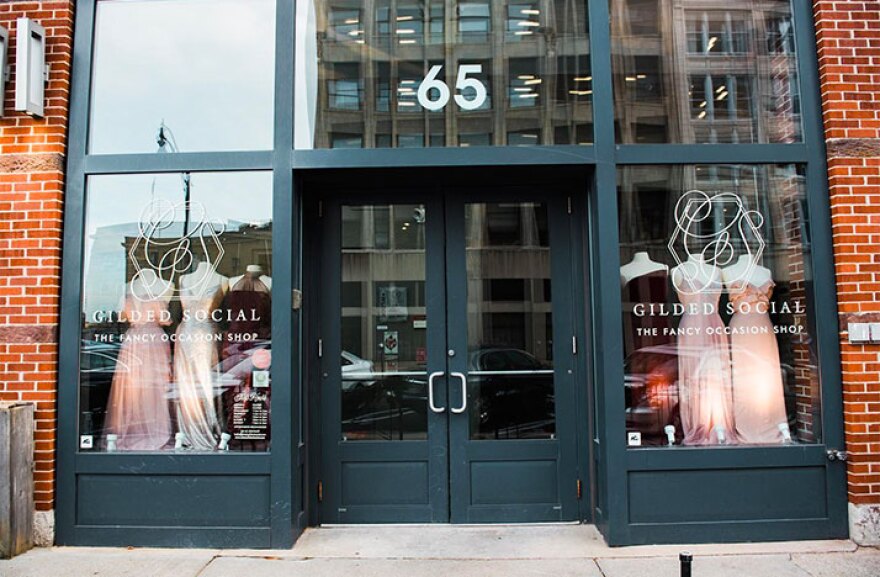A federal judge has rejected a Columbus bridal shop’s initial bid to roll back parts of Ohio’s stay-at-home order.
Tanya Hartman, the owner of Gilded Social, contends the state health order is unconstitutional because it doesn’t provide due process to contest her shop’s closure and demonstrate its ability to reopen safely.
Attorney Maurice Thompson, arguing on behalf of Gilded Social, doesn’t dispute the state’s right impose restrictions.
“Our argument is simply that when the state exercises its police powers, it must afford procedural due process when those police powers affect a deprivation of a liberty interest such as the one protected here,” Thompson said.
But Judge Algenon Marbley said her rights aren’t being violated because the order applies to all non-essential businesses.
“Governmental determinations of a general nature that affect all equally do not—I emphasize, do not—give rise to a due process right to be heard,” Marbley said.
Marbley also agreed with lawyers from the Ohio Attorney General’s office that attempting to provide hearings for every business impacted by the order would not be practical.
“It would be a virtual impossibility for every business that was shut down to be afforded a post-deprivation hearing under these circumstances,” Marbley said.
Attorneys for the bridal shop will pursue the case despite the judge dismissing their request for a temporary restraining order. The court tentatively set hearings for May 11.
Ohio's stay-at-home order is currently set to expire May 1. Gov. Mike DeWine has said the state will slowly begin to reopen businesses after that date.






